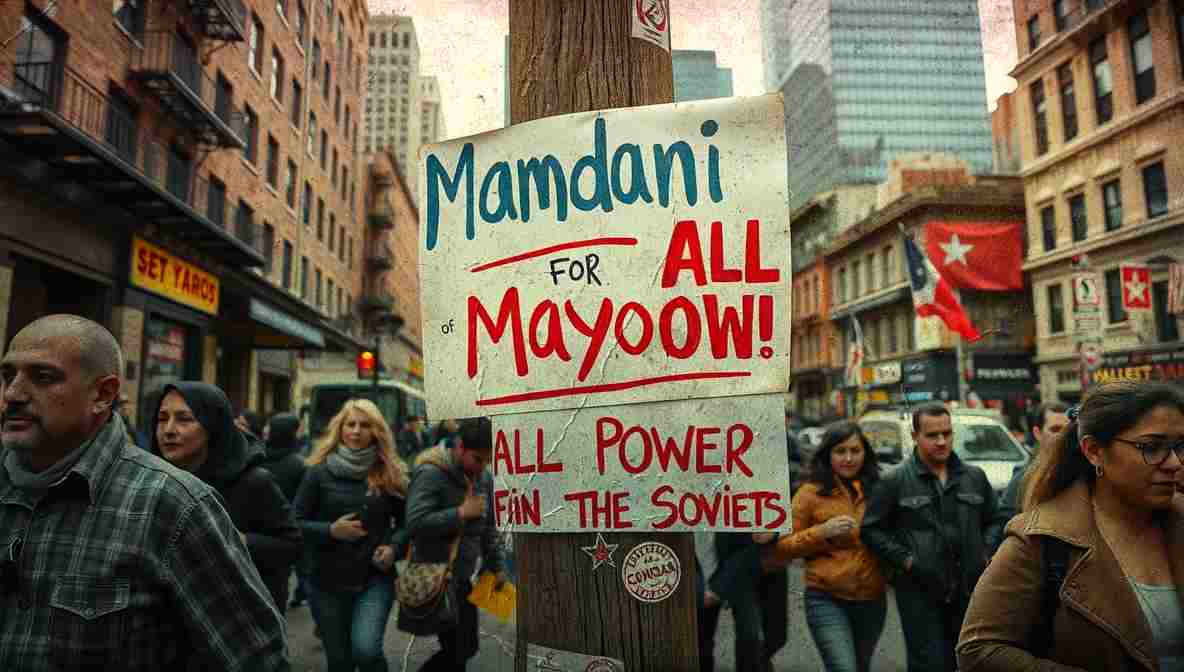Community reactions and identity politics: evaluating controversy surrounding Mamdanis statements
Community reactions and identity politics: evaluating controversy surrounding Mamdanis statements
Understanding cultural sensitivities and public accountability in municipal campaigns
Zohran Mamdani faced criticism from Indian American organizations after remarks deemed Hinduphobic surfaced in media coverage. Leaders and advocacy groups characterized the statements as reflecting bias and cultural insensitivity, prompting a series of public responses and clarifications. The controversy illustrates the intersection of identity politics, public accountability, and the challenges of navigating multicultural urban electorates. ([timesofindia.indiatimes.com](https://timesofindia.indiatimes.com/india/zohran-mamdani-indian-american-community-response/articleshow/11783027.cms))
Political analysts emphasize that cultural controversies in electoral contexts often carry strategic and reputational implications. Mamdanis statements were scrutinized in terms of potential impact on community engagement, coalition-building, and electoral support among South Asian constituents. Public opinion surveys conducted post-coverage indicate that while a significant proportion of Indian American voters expressed disapproval, overall voter support among progressive constituencies remained largely unaffected. ([abcnews.com](https://abcnews.go.com/Politics/zohran-mamdani-community-controversy-analysis))
Scholars in multicultural politics highlight the importance of context, intent, and interpretive framing. Mamdanis campaign emphasized the necessity of constructive dialogue and cross-cultural education, pledging to work with community leaders to address concerns and promote mutual understanding. Observers note that municipal campaigns increasingly navigate complex cultural terrains, requiring proactive outreach, responsive communication, and nuanced policy framing to maintain trust across diverse communities. ([brookings.edu](https://www.brookings.edu/research/zohran-mamdani-cultural-sensitivity-and-identity-politics/))
The controversy also sparked broader discussions on how political figures engage with minority communities. Analysts stress that sensitivity training, consultation with cultural leaders, and transparent communication are essential in mitigating misunderstandings. Media coverage highlighted both the criticism and Mamdanis subsequent responses, illustrating how narrative control, clarification, and public accountability intersect in shaping campaign perception. Advocates note that constructive engagement may convert criticism into an opportunity for dialogue and learning, enhancing long-term political credibility and social cohesion.
Experts point to historical precedents in urban politics, where missteps on culturally sensitive topics required strategic damage control, public apologies, or policy initiatives to repair relationships with affected communities. Mamdanis approach, including direct communication with Indian American organizations, participation in cultural forums, and integration of cultural competency into campaign strategy, reflects lessons learned from these precedents. These actions demonstrate awareness of the importance of cultural literacy in urban governance and electoral success. ([timesofindia.indiatimes.com](https://timesofindia.indiatimes.com/india/zohran-mamdani-indian-american-community-response/articleshow/11783027.cms))



